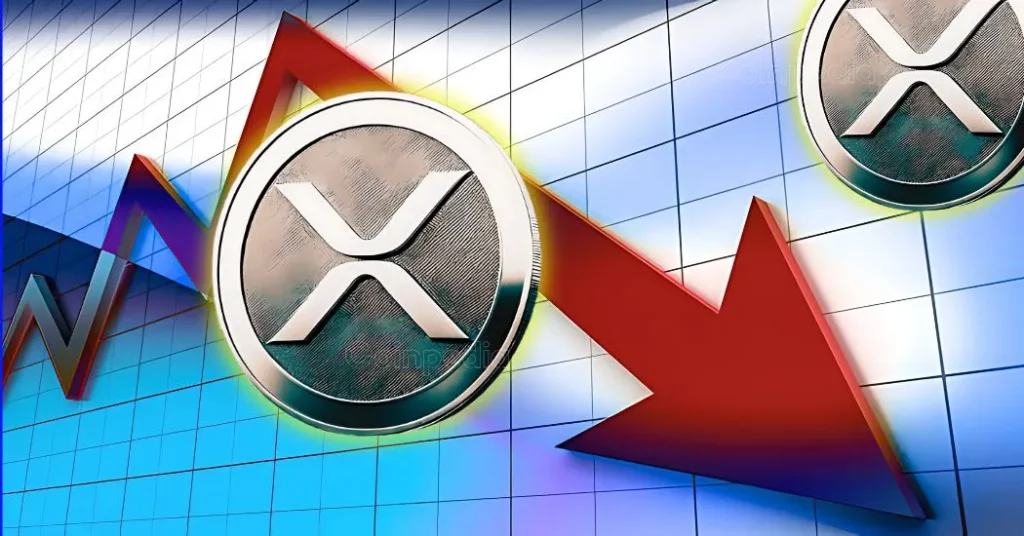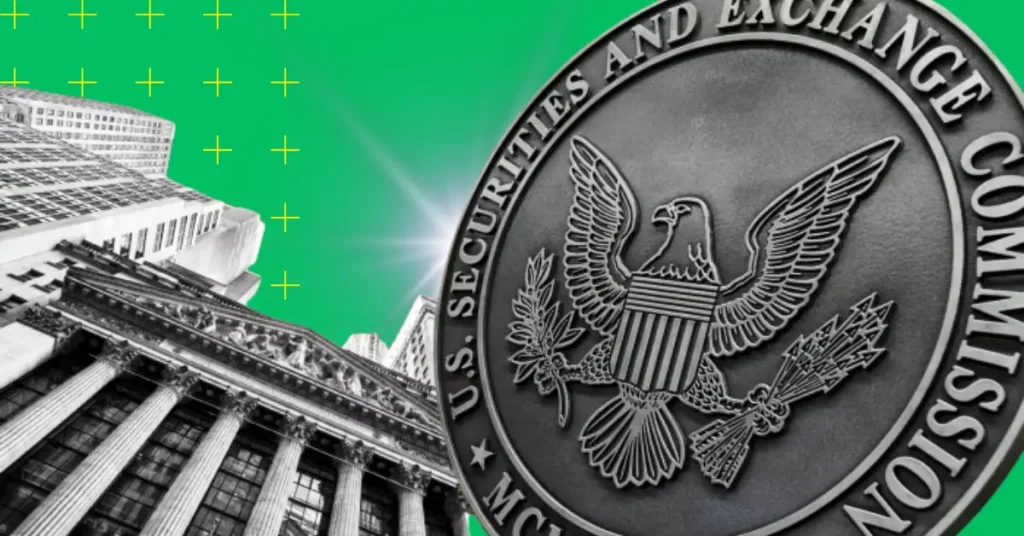
The post Ripple VS SEC : SEC is Unlikely To Win the Lawsuit Says Attorney John E Deaton appeared first on Coinpedia Fintech News
Attorney John E Deaton explained in a long tweet if Ripple executives were reckless enough in not knowing XRP was a security. The thread was in response to a tweet by Sasha Hodder, another attorney. Hodder disclosed that Chris Larsen and Brad Garlinghouse will owe the SEC $450 million and $150 million, respectively, if the Ripple executives lose their legal battle with the SEC.
Having made his claims about the SEC case, Deaton brought in some facts and said that the SEC enforcement lawyers were allowed to own and trade #XRP until March 2019. He then said that in 2014, USGAO classified XRP as a virtual currency utilized in a decentralized payment system called Ripple. Deaton also added that in 2019, the FSOC Annual Report highlighted XRP, along with BTC, ETH, and LTC as virtual currencies gaining in market cap.
“In 2013 – yes 7 years before the lawsuit – @chrislarsensf gave a presentation to the SEC, CFTC, Federal Reserve & Treasury Department about Ripple’s plans to disrupt the global payment system by utilizing #XRP (SEVEN YEARS BEFORE THE LAWSUIT).”
In June 2018, SEC enforcement lawyers published a memo on #XRP that examined whether it met the Howey test. Because these lawyers are Howey experts, they concluded that neither enforcement nor a cease-and-desist order should be issued, he said.
Deaton then stated with certainty that Garlinghouse and Larsen stand a better chance than the SEC of obtaining summary judgment in the ongoing case. He continued by saying that suing the two executives, Jay Calyton, Hinman, and Marc Berger did Ripple a huge job. These executives are not accused of any fraud, misrepresentation, or omission. The SEC typically wouldn’t sue individual executives in a non-fraud case.
“This was personal and it was a stupid decision by the SEC. In March of 2021, I tweeted out that suing the 2 executives would prove to be a dumb decision because it placed a higher burden on the SEC to prove. Let’s be honest, this was hardball intimidation tactics by the SEC.”
He also called the SEC a ‘bully’ and said that If they didn’t charge the two executives with aiding and abetting, the Hinman emails may never have been ordered to be turned over.

 2 years ago
134
2 years ago
134















 English (US) ·
English (US) ·